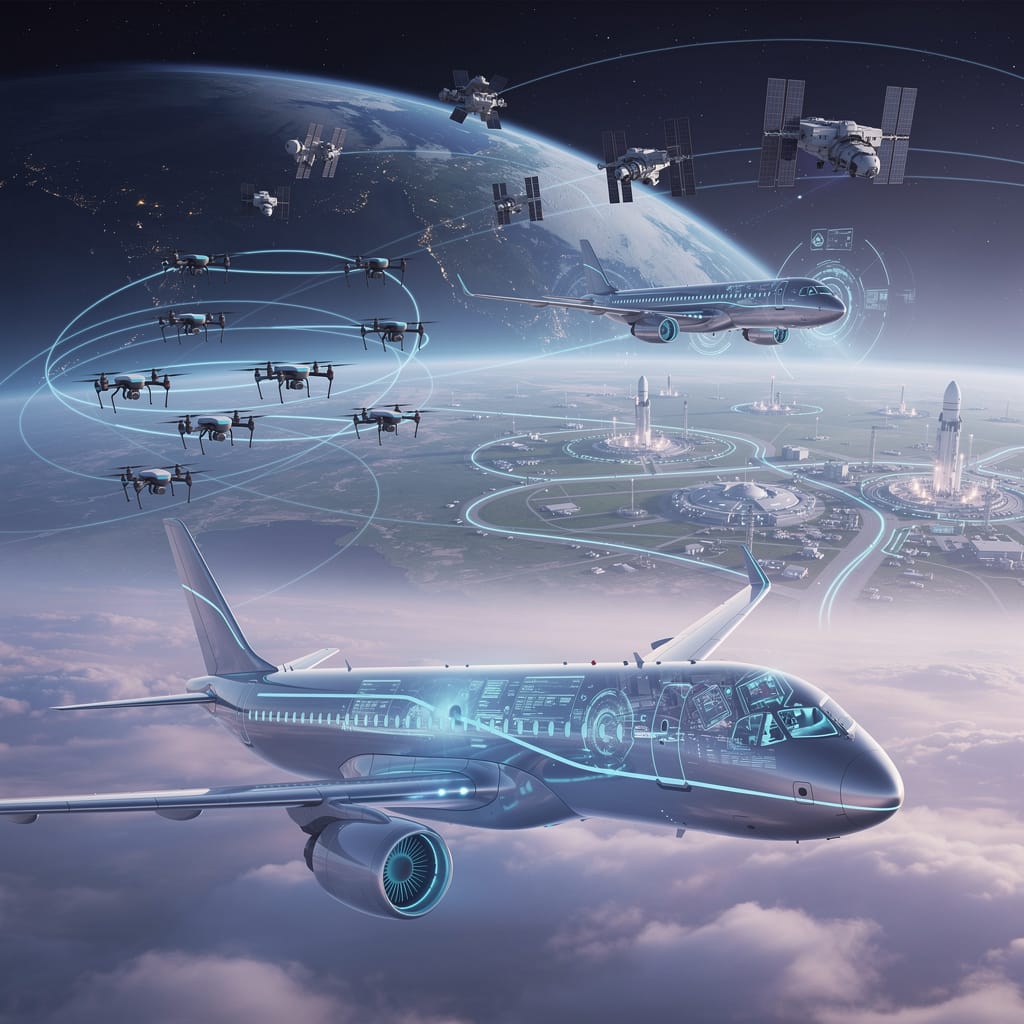What is the future of AI, code and programming
Predicting the future with certainty is challenging, but we can identify some trends and possibilities based on current advancements and developments. Here are some potential directions for the future of AI, code, and programming:
AI Integration into Programming
AI is likely to play a larger role in programming itself. This could involve AI-assisted code generation, suggesting optimizations, identifying bugs, and even automatically refactoring code for better performance and maintainability.
Low-Code and No-Code Development
The rise of low-code and no-code platforms will continue, allowing individuals with limited programming experience to create applications using visual interfaces and pre-built components. AI could also enhance these platforms by automating more complex tasks.
Natural Language Programming
As natural language processing and understanding improve, programmers might interact with development tools using natural language queries and commands. This could make programming more accessible to non-technical users.
AI-Augmented Creativity
AI could assist in creative aspects of programming, helping to design user interfaces, suggesting novel algorithms, and aiding in the development of unique and innovative applications.
Automated Testing and Debugging
AI-powered tools could become more proficient at automatically identifying and fixing bugs, as well as conducting comprehensive testing to improve software quality.
Ethical and Responsible AI Development
With increased AI integration, there will be a greater focus on ensuring that AI systems are developed ethically, avoid biases, and adhere to privacy and security standards.
Continued Language Evolution
Programming languages will likely continue to evolve, becoming more concise, expressive, and tailored to specific use cases. New languages could emerge to address emerging technologies and paradigms.
Distributed and Edge Computing
As IoT devices and edge computing become more prevalent, programming paradigms will need to adapt to efficiently manage and process data across distributed systems.
AI Creativity and Art
AI could be used to create art, music, and literature, possibly leading to the collaboration between human programmers and AI-generated content in creative projects.
Advanced AI Applications
AI will likely continue to advance in fields such as natural language understanding, computer vision, robotics, and autonomous systems, leading to new applications and industries.
Quantum Computing Impact
As quantum computing matures, it could revolutionize how certain complex problems are solved, potentially influencing programming paradigms and algorithms.
Education and Upskilling
The way programming is taught and learned might evolve, with a focus on understanding AI concepts and how to leverage AI tools effectively.
All these possibilities come with challenges, including ethical considerations, job displacement concerns, and the need for continuous learning as technologies evolve. The future of AI, code, and programming will likely be shaped by a combination of technological advancements, societal needs, and the creativity of the programming community.

Shop Corner
What is code on Amazon
What is the future of AI, code and programming On Amazon
Thank you for questions, shares and comments!
Share your thoughts or questions in the comments below!
Source OpenAI’s GPT language models, Fleeky, MIB, & Picsart






